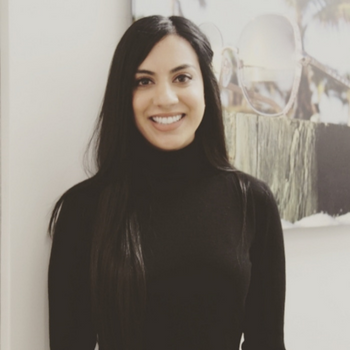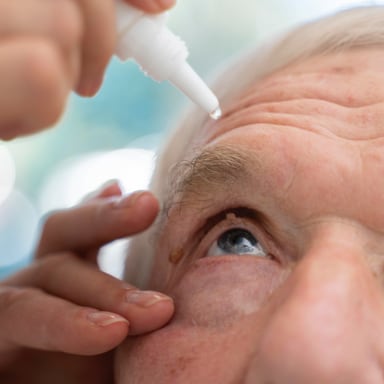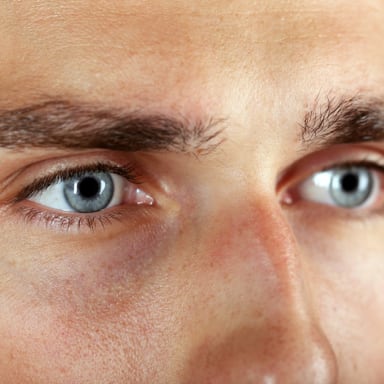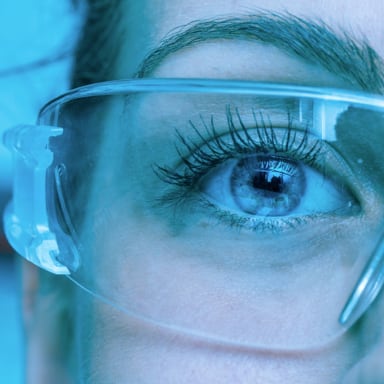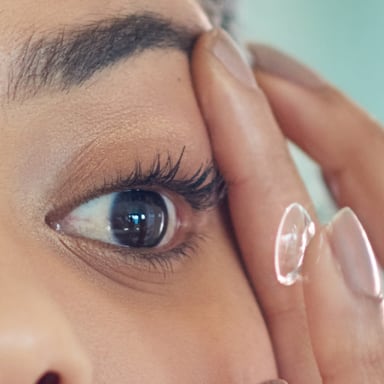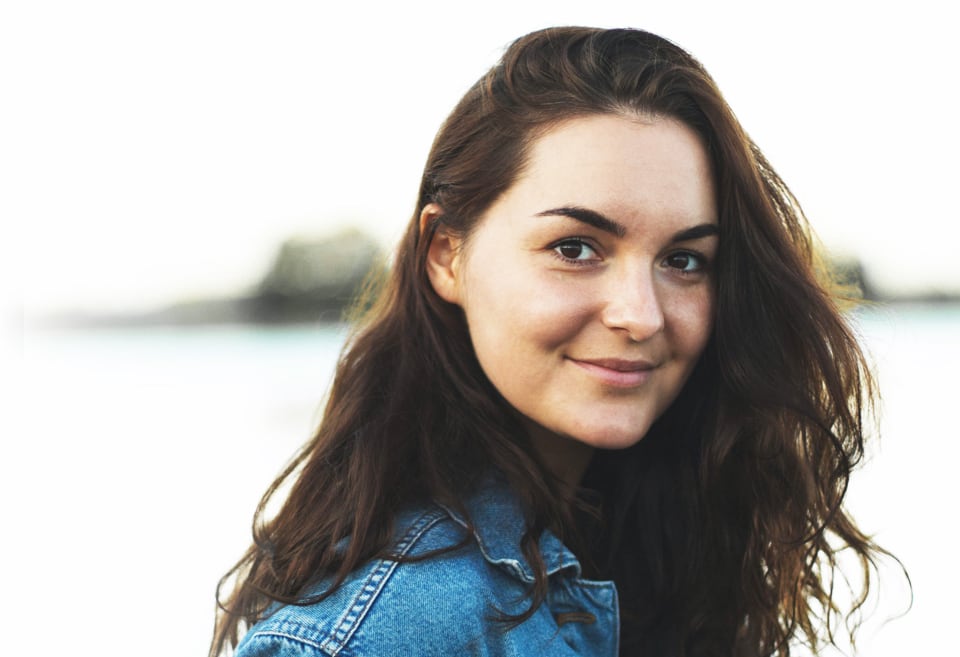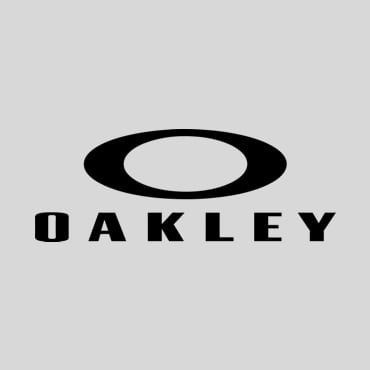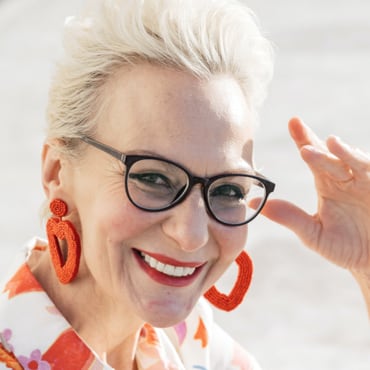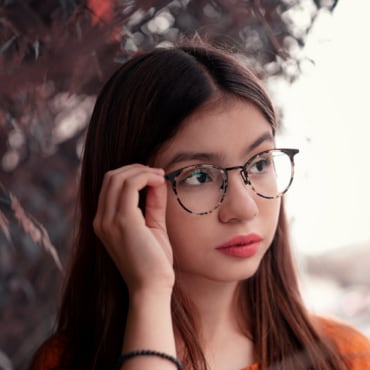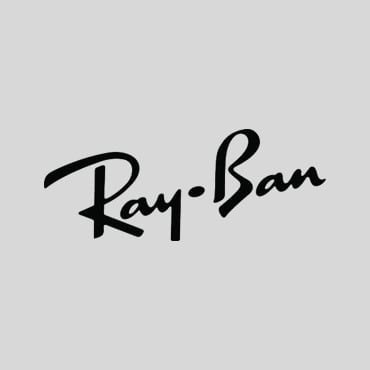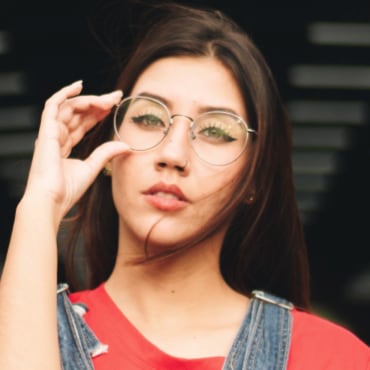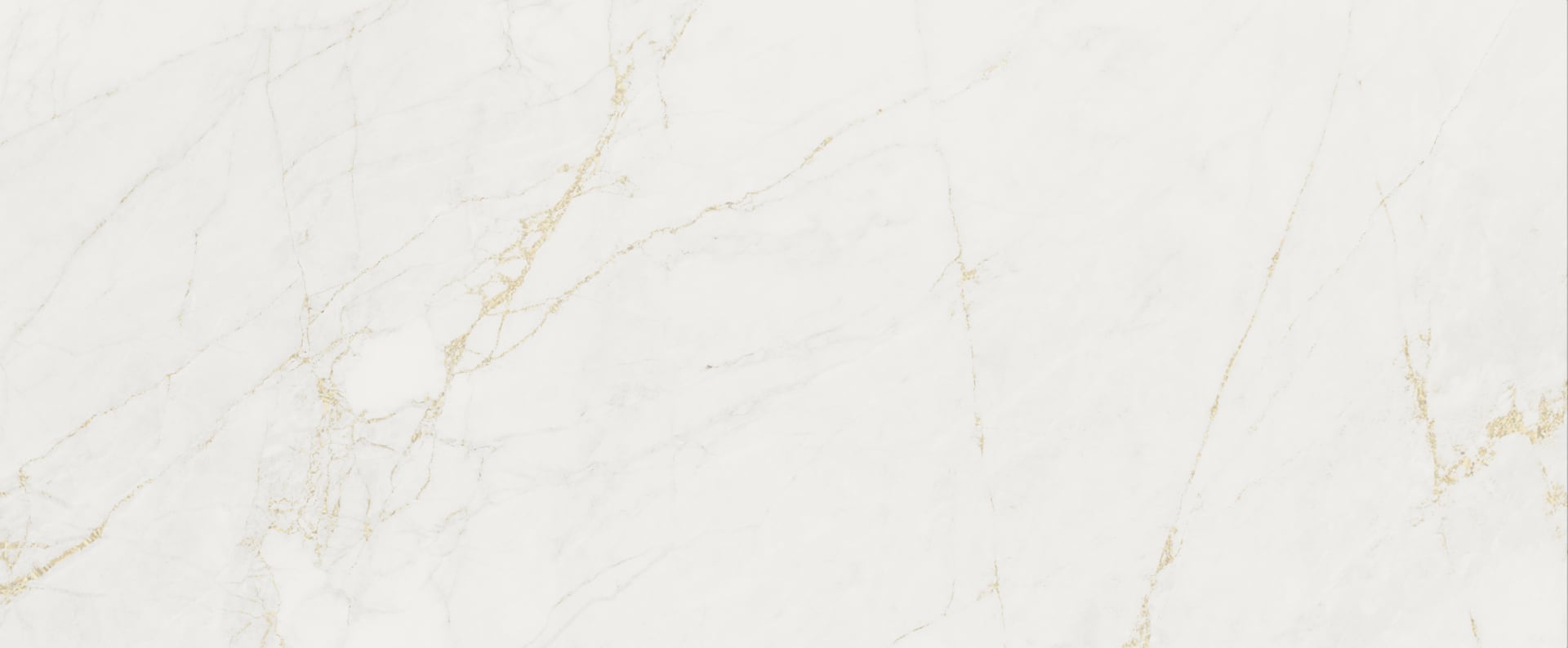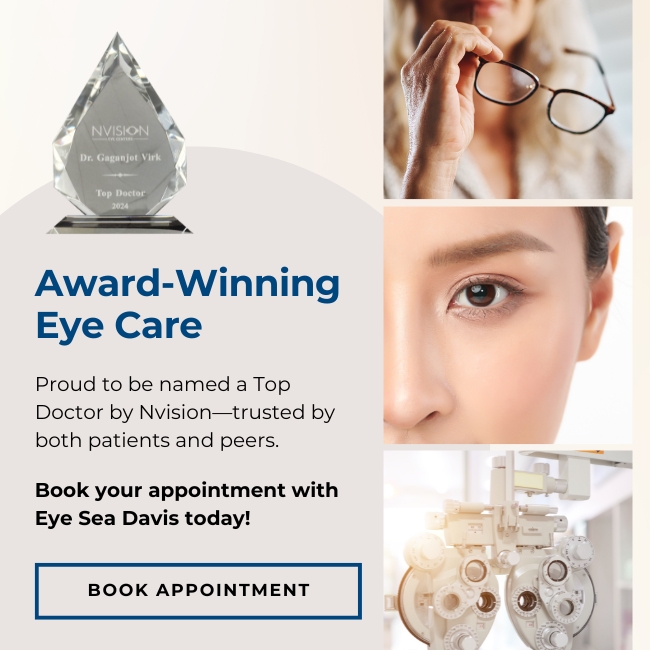It’s a scene we all know: a child glances up during a solar eclipse, or someone dares another to see how long they can look directly at the sun. While it may seem harmless in the moment, staring at the sun—even for a few seconds—can cause serious and sometimes permanent damage to your eyes.
At Eye Sea Davis Optometry, we’re committed to helping you protect your vision and understand how everyday actions—even a moment of curiosity—can impact your eye health. So what really happens when you stare at the sun?
The Science Behind Sunlight and Your Eyes
Sunlight contains ultraviolet (UV) rays—specifically UVA and UVB—which are types of radiation invisible to the naked eye. While the skin gets sunburned by UV exposure, your eyes can suffer damage just as quickly and sometimes more severely.
The front structures of your eye (cornea and lens) help filter UV light, but some of that light can still reach the sensitive retina at the back of the eye. The retina is responsible for sending visual signals to your brain, allowing you to see. If this light is too intense, it can overwhelm and damage the retinal cells.
What Is Solar Retinopathy?
One of the most dangerous outcomes of looking at the sun is a condition called solar retinopathy. This occurs when high-intensity UV and visible light flood the retina and cause a photochemical burn. Unlike other burns, you won’t feel this one—but the damage can be significant.
Solar retinopathy doesn’t always show symptoms immediately. It may take several hours before you start to notice:
- Blurry vision
- A central blind spot (a dark or empty area in your vision)
- Distorted vision (straight lines may appear wavy)
- Sensitivity to light
- Difficulty reading or recognizing faces
These symptoms may last days, weeks, or even permanently, depending on the severity of the damage.
Is It Ever Safe to Look at the Sun?
In short: no, not with the naked eye. Even during a solar eclipse, when the sun is partially or almost fully covered, its rays are still strong enough to harm your vision. Eclipse blindness is a form of solar retinopathy that occurs when people watch an eclipse without proper eye protection.
The only safe way to observe the sun is through special solar viewing glasses that meet the ISO 12312-2 international safety standard or by using indirect viewing methods like pinhole projectors.
Why Kids Are at Higher Risk
Children’s eyes are still developing and have clearer lenses and larger pupils, allowing more UV light to reach the retina. That’s why it’s especially important to teach kids never to look directly at the sun—even briefly—and to wear proper UV-blocking sunglasses when outside.
At Eye Sea Davis Optometry, we often talk with parents about eye safety and UV protection, especially during summer months and around eclipse events.
Sunglasses: More Than a Fashion Statement
One of the best ways to protect your eyes from everyday UV exposure is by wearing quality sunglasses with full UVA and UVB protection. Not all sunglasses are created equal, so make sure the pair you choose blocks 100% of UV rays.
Look for labels that say “UV400” or “100% UV Protection.” Polarized lenses can also help reduce glare, especially for driving and outdoor activities, but they don’t substitute for UV protection unless labeled as such.
We carry a wide selection of prescription and non-prescription sunglasses at our Davis location to help you protect your eyes in style.
What to Do If You’ve Looked at the Sun
If you—or your child—have accidentally stared at the sun, don’t wait for symptoms to worsen. Schedule an eye exam right away. At Eye Sea Davis Optometry, we use advanced retinal imaging and visual acuity testing to assess for early signs of damage.
Even if no permanent damage has occurred, an exam can bring peace of mind and catch other underlying issues early.
Final Thought
Your vision is priceless, and taking just a few seconds to look at the sun can have long-term consequences. Protect your eyes by avoiding direct sun exposure, wearing proper UV-blocking sunglasses, and staying educated about eye safety. If you ever have questions or concerns, our team at Eye Sea Davis Optometry is here to help.
Whether it’s checking for sun damage, updating your prescription sunglasses, or learning more about retinal health, we’re your local resource for clear and safe vision.

